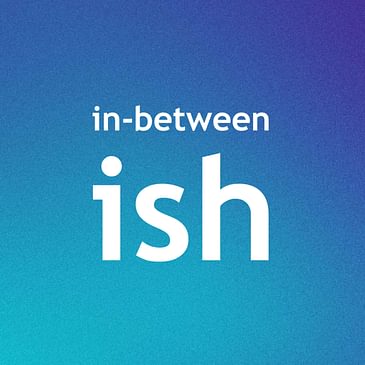What happens when you're inbetweenish? It's both a curse and a blessing as there are many internal and external battles that you face when you have multiple belongings. In this episode we try to unpack some of the common experiences— the good and the bad that comes with being inbetweenish.
PS. Bob the cat makes an appearance 🐈
💭 reflections on: what is culture
Tune into this minisode to understand the many complex layers of culture using the iceberg analogy. This goes in depth into explaining and providing examples for the many visible and invisible layers of culture.
💭 reflections on: Third Culture Kids and Cross-Cultural Kids explained
Listen to this minisode, especially if you’re not familiar with the terms TCK and CCK. It sheds light on the many different ways someone can exist, experience, and belong across different cultures.
—
Newsletter Alert: The QUEST. Newsletter
👉 Click on this Link to Subscribe
Basically I set out a QUEST and you have a month to nerd out on it, before you get the next one in your inbox! This is what you can expect:
- Q — Question
- U — Untranslatable word
- E — Exercise for culture
- S — Short snippet
- T — Trending edutainment
Or visit our website, and sign up with your email under the Newsletter tab!
Tell a friend, to tell a friend! 🚀
—
Curious about the in-betweenish?
Chat with Beatriz on Instagram
Behind the Scenes on TikTok
Anything else? Contact Us Here
The in-betweenish pod is produced by Beatriz Nour
Music is composed and produced by Malik Elmessiry


